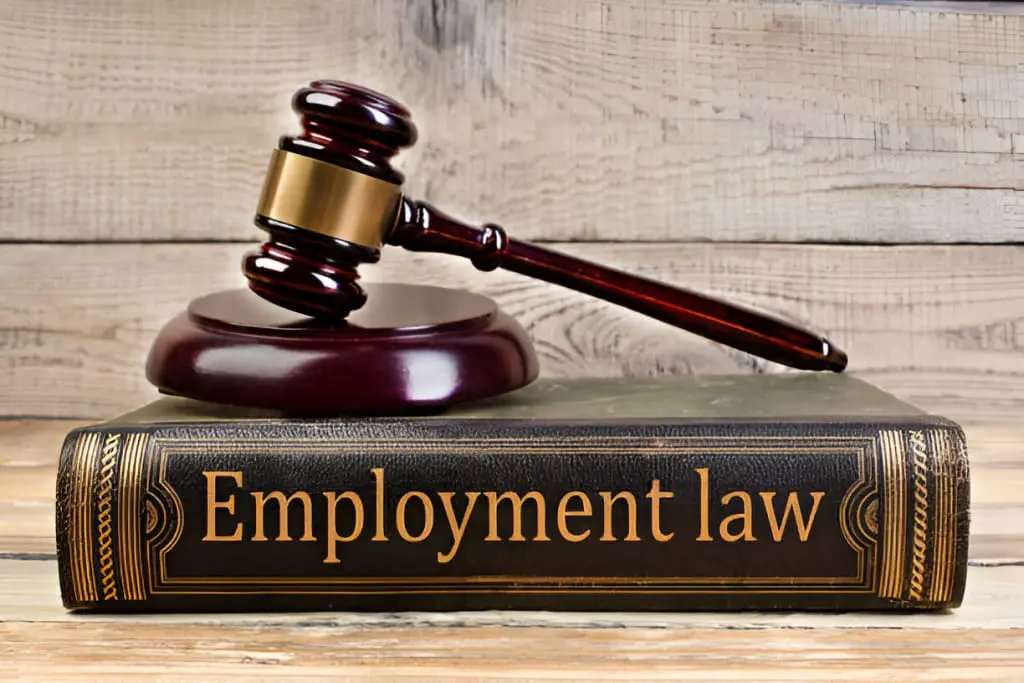
Whether your business is in construction, retail, or an office setting, the risks associated with workplace injuries are real. From minor slips to more serious injuries, accidents can happen at any time. Workers compensation insurance helps protect both your employees and your business by covering the medical costs, lost wages, and other expenses that arise from an employee’s injury or illness that occurred on the job.
What Is Workers Compensation Insurance?
Workers compensation insurance is a type of coverage that provides financial benefits to employees who are injured or become ill as a result of their work. In exchange for these benefits, employees typically forgo the right to sue their employer for negligence. This system helps protect both parties by providing a clear and streamlined process for handling workplace injuries and claims.
This coverage typically includes medical expenses, rehabilitation costs, a portion of lost wages, and benefits in the event of permanent disability or death. For small businesses, it is crucial to understand how this insurance works and why it should be a part of your risk management strategy.
Why Small Businesses Need Workers Compensation Insurance
- Legal ComplianceIn most states, workers compensation insurance is not just a good idea—it’s a legal requirement. Whether you have one employee or several, most states mandate that businesses carry workers compensation insurance. If you fail to comply, you could face significant penalties, fines, and even the risk of shutting down your business. Understanding the legal requirements in your state is essential for staying compliant and protecting your business from unnecessary legal risks.
- Employee Well-Being and ProtectionYour employees are the backbone of your business, and their well-being should be one of your top priorities. While you can take steps to create a safe working environment, accidents are sometimes unavoidable. Workers compensation ensures that your employees are covered if they are injured on the job. This coverage not only helps them recover by covering medical expenses and lost wages but also gives them peace of mind knowing they are protected if something goes wrong.
- Financial Protection for Your BusinessWithout workers compensation insurance, your business would be financially liable for any injuries or illnesses that occur on the job. This means paying for medical bills, rehabilitation costs, and possibly even a lawsuit if the injury is severe. Even a single injury could be financially devastating for a small business. With workers compensation coverage, the insurance company absorbs most of these costs, protecting your bottom line and ensuring your business doesn’t go under due to an unexpected incident.
- Reduced Risk of LawsuitsWhile workers compensation generally prevents employees from suing you for workplace injuries, having proper coverage is also an important defense in case of a legal dispute. Workers comp offers a no-fault system, which means employees do not have to prove negligence on your part to receive benefits. This can reduce the likelihood of costly legal battles, especially if an accident results in significant harm to an employee.
The Benefits of Workers Compensation Insurance for Small Businesses
- Financial Security and StabilityMedical bills and legal costs can pile up quickly after a workplace injury, and the longer an employee is out of work, the higher the costs. Workers compensation insurance provides your business with a financial safety net, ensuring that you won’t have to bear the full financial burden of an injury. It helps cover things like hospital visits, surgeries, rehabilitation, and a portion of lost wages while the employee recovers.
- Attracting and Retaining TalentOffering workers compensation insurance is one of the many ways you can show employees that you care about their health and safety. For many workers, having this type of insurance is an important factor in choosing an employer. Workers compensation can help you attract and retain top talent, demonstrating that you provide a secure working environment and care about employee well-being.
- Enhancing Workplace SafetyKnowing that employees are covered by workers compensation insurance can help reinforce a workplace safety culture. Employees and employers alike will be more motivated to take precautions, report hazards, and address safety concerns proactively. A safe workplace leads to fewer injuries, which ultimately helps reduce your insurance premiums over time.
- Peace of MindWith workers compensation insurance, both you and your employees can have peace of mind knowing that there is a clear process for handling accidents and claims. This allows you to focus on running your business without constantly worrying about potential legal issues or the financial impact of workplace injuries. You can concentrate on growth, innovation, and improving customer service, knowing your team is protected.
Choosing the Right Workers Compensation Coverage for Your Small Business
Selecting the right workers compensation insurance involves more than just meeting legal requirements. Here are some key factors to consider when choosing the best coverage for your business:
- Industry Risk: Some industries, such as construction or manufacturing, are more prone to workplace injuries than others. Your insurance premiums may vary depending on the level of risk associated with your industry. Higher-risk industries generally pay higher premiums because of the increased likelihood of injury.
- State Laws and Requirements: Each state has its own workers compensation laws and requirements, which means you’ll need to be familiar with the regulations that apply to your business location. Be sure to check with local authorities to ensure that you’re in compliance with state-specific laws, as requirements can vary widely.
- Coverage Limits: Not all workers compensation policies are the same. When shopping for coverage, it’s important to consider how much protection your business and employees need. Look for policies that provide enough coverage for your specific business risks and employee needs. Ensure that the policy includes adequate medical coverage, wage replacement benefits, and long-term disability benefits if needed.
- Claims Process: The claims process should be as straightforward and transparent as possible. Choose an insurer with a proven track record of handling claims quickly and efficiently. This ensures your employees will get the help they need without unnecessary delays or confusion.
Conclusion: Protecting Your Most Valuable Asset
Small business workers compensation insurance is more than just a legal requirement—it’s a smart investment in the long-term success of your business. Not only does it protect your employees, but it also shields your company from costly medical bills, lawsuits, and financial instability.
By choosing the right coverage, you can create a safer, more secure work environment that benefits everyone. With your team protected, you can focus on growing your business and building a company culture that values safety, responsibility, and care. Don’t wait for an accident to happen—invest in workers compensation insurance today and safeguard the future of your business and your employees.






